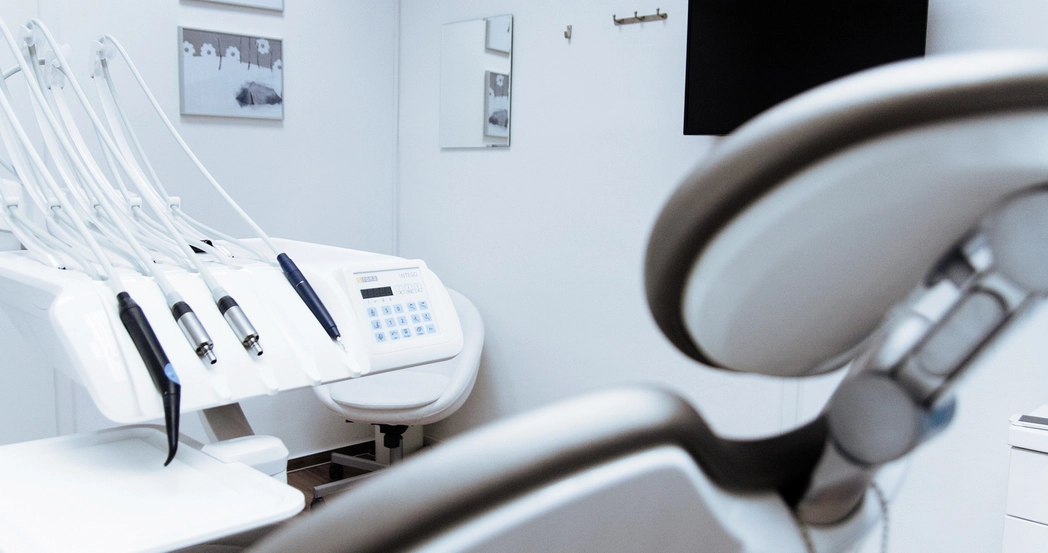The use of AI technology in medicine (in general) and dentistry (in particular) is probably the greatest human milestone of the Modern Age. Artificial brains can help doctors in diagnostics, therapies, and precision medicine.
In some areas, AI significantly exceeds human brain potential, especially in cases when we need to process a large amount of similar information, such as radiograms, X-rays, biomarker data, etc.
However, despite the advantages, AI technology also has a list of weaknesses. Harvard scientists, during the HSDM Global Symposium on AI in Dentistry, shared their opinions about modern problems with "smart tools." The most complicated aspect - is a bias. What is it, and why it is a problem - we will discuss it next.
What is the issue?
Fairness and bias in the context of AI means that some information received from your "smart assistant" may be wrong or incomplete due to mistakes in the decision-making algorithm. In other words, omissions that occur during the learning process, result in the false recognition of the input information and mistakes in output answers, and such "AI habits" are extremely hard to tune.
Hawazin Elani - Harvard professor of Oral Health Policy and Epidemiology - noticed that such complications appear because of the so-called Black Box problem. Simply, it means that we do not know how AI makes its decisions inside artificial neurons, and what happens when an algorithm has given a certain answer.
How to fix it?
Professor Elani said that for now, the only way to make medical AI safer and reduce the risk of bias-based mistakes is to pay special attention to input data during the Machine Learning processes. Before every AI tool implementation, you should ask the developer which data set was uploaded into the system.
Also, modern scientific institutions collect special sets of learning sources, which can be used for the "education" of such smart assistants. These amounts of data contain described and annotated medical photos, statistical information, etc., for specific medical areas, including cardiology, neurology, dentistry, and many others.




